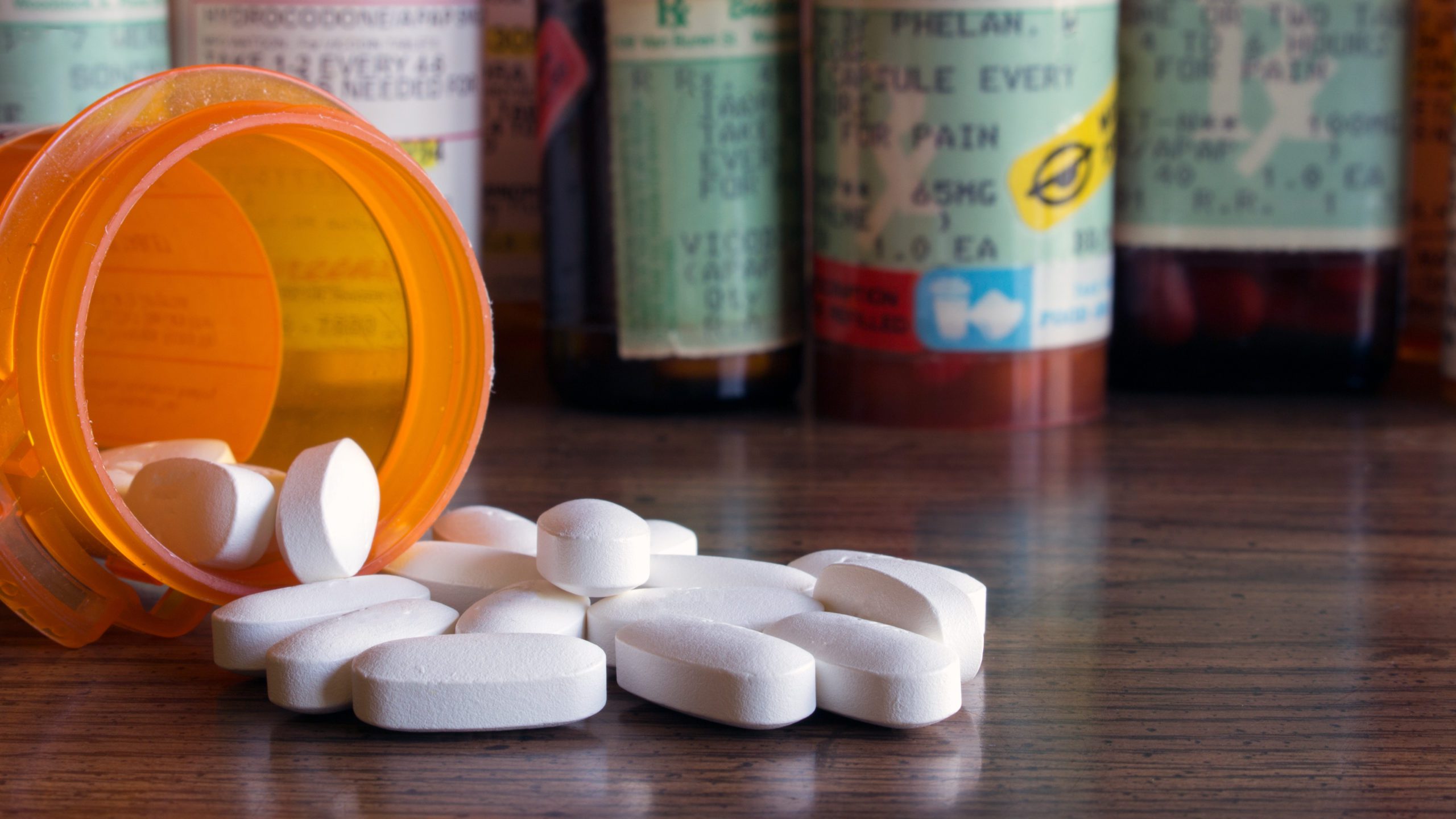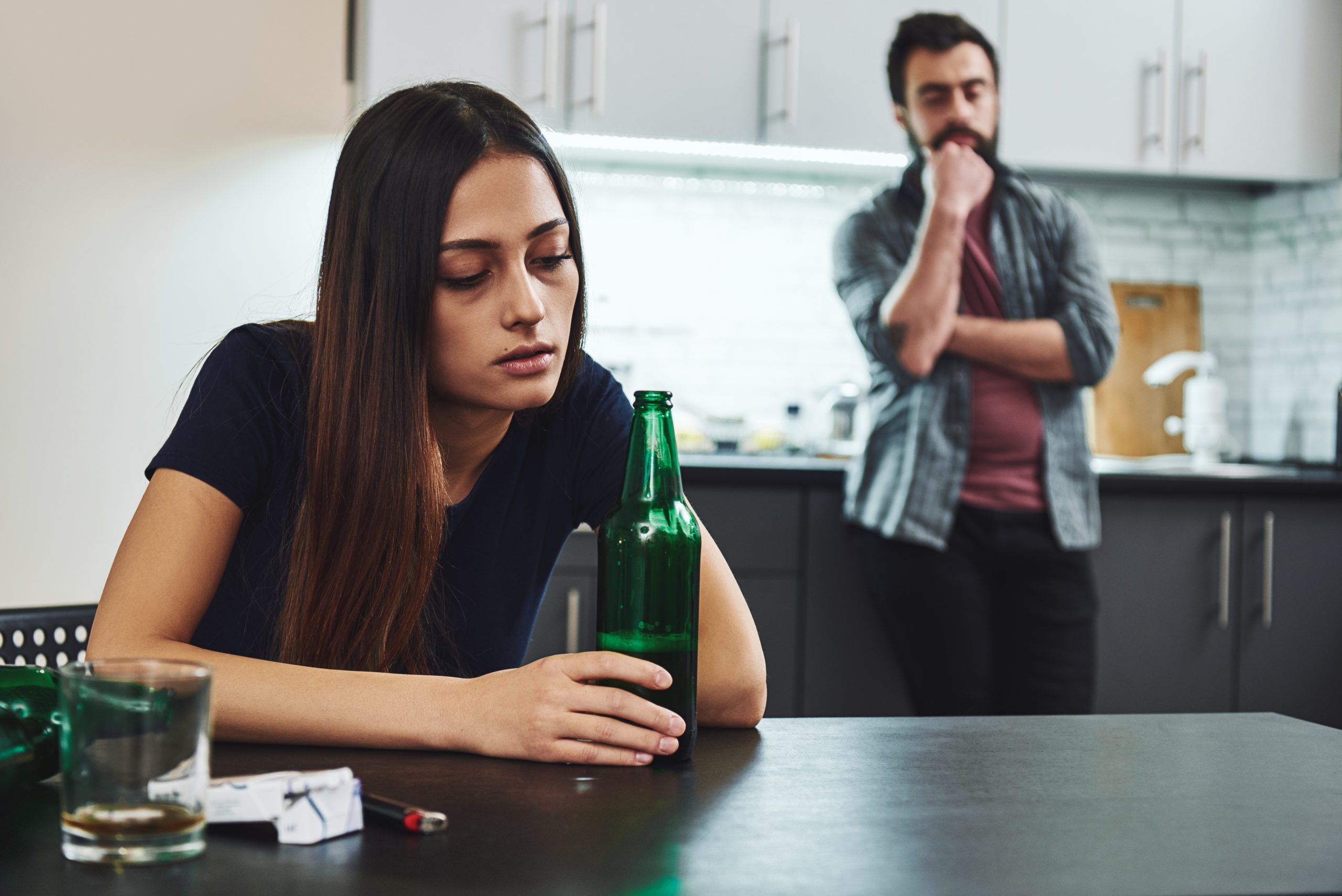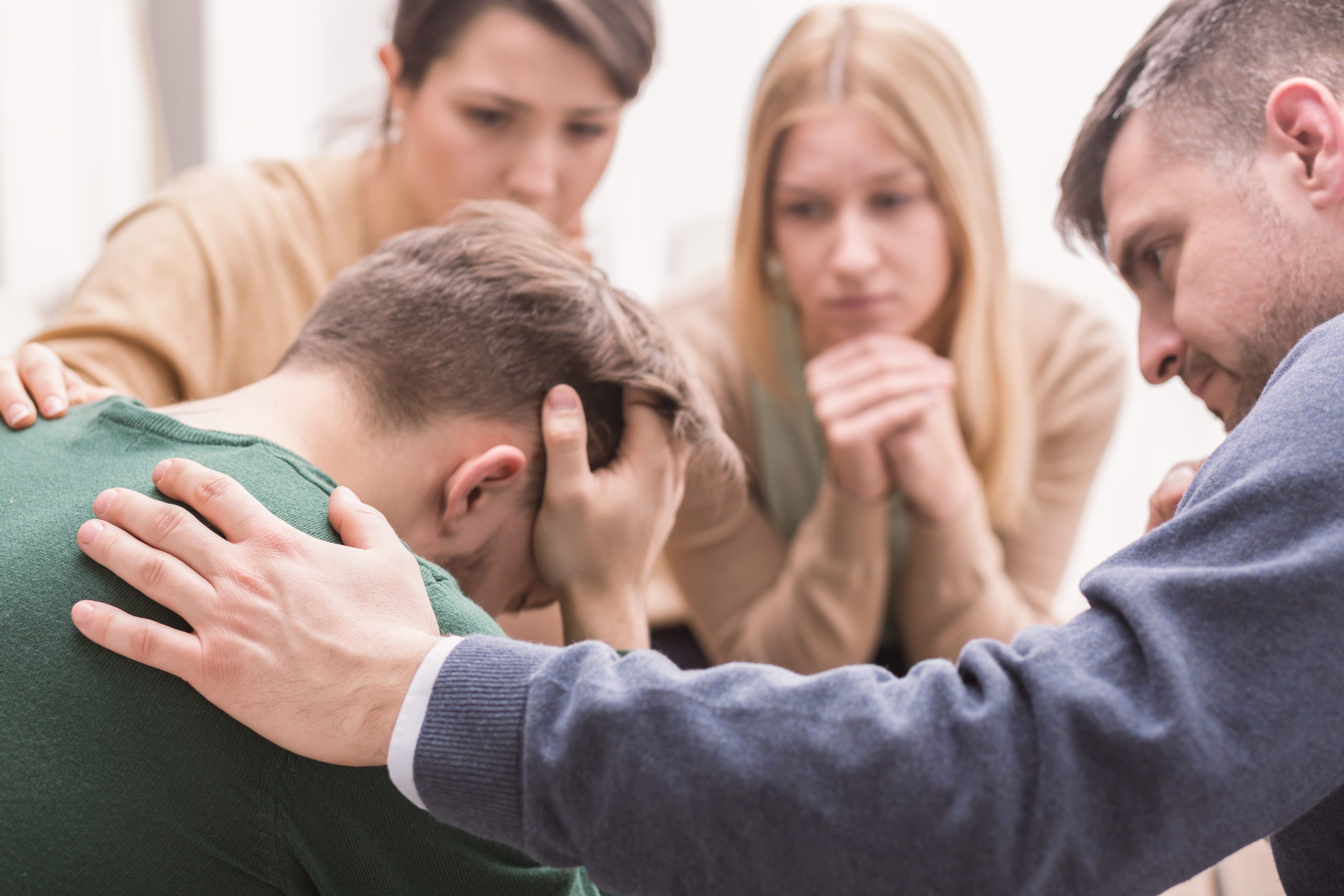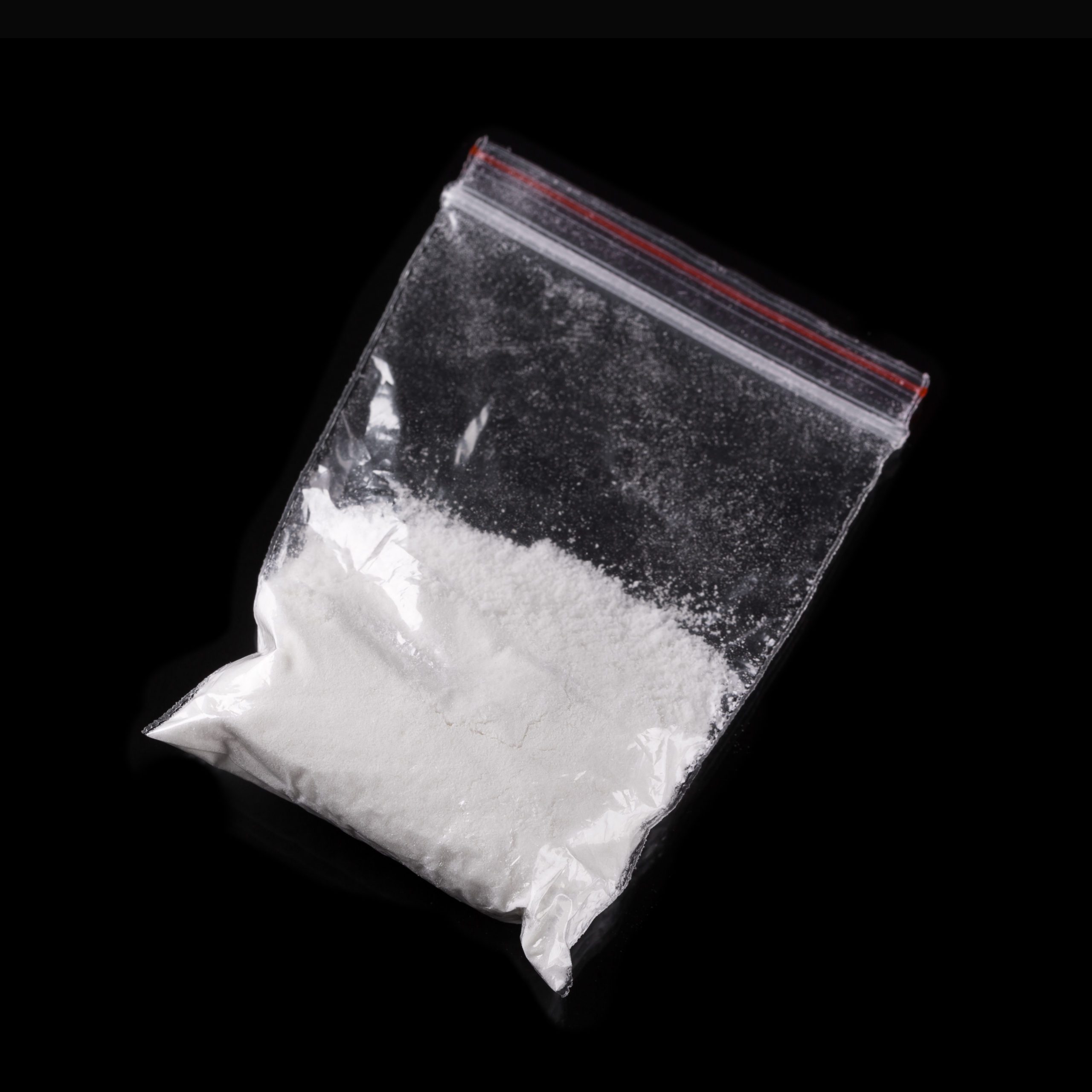A holistic approach to addiction recovery has become increasingly popular. More and more standard therapies are incorporating it into their programs.
But what is holistic treatment for drug addiction? And does it actually work?
What is Holistic Treatment for Drug Addiction
Holistic addiction treatment focuses on all aspects of the addict’s health, including physical, mental, emotional, social, and spiritual well-being.
Holistic treatments aim to address the underlying causes of addiction rather than just the symptoms.
The therapy combines both Eastern and Western medicinal approaches, and it’s based on the belief that balancing all the aspects of our health can help addicts overcome addiction.
Holistic treatments are designed to have an effect on the individual’s overall well-being rather than target a particular symptom or behavior.
The majority of addiction treatment centers today incorporate some aspects of holistic therapies into their recovery programs.
What Are Some Examples of Holistic Addiction Treatments?
There’s a wide range of holistic treatments available for addicts. Some common forms of holistic treatments used for addiction recovery may include:
- Biofeedback and Neurofeedback
- Art, Music, or Writing Therapy
- Yoga
- Nutritional Therapy
- Exercise
- Herbal and Plant Medicines
- Acupuncture
- Reiki
- Hydrotherapy
- Aromatherapy
- Sound Therapy
- Shamanic Healing
- Energy Healing
- Breathwork
- Hypnotherapy
- Kirtan
- Tai Chi
- Meditation and Mindfulness
- Massage Therapy
- Experiential Therapy
- Nature Therapy
- Equine Therapy and other Animal Therapies
What Are The Advantages of a Holistic Rehabilitation Program?
The root motivation for addiction is still largely misunderstood. Science points out many factors ranging from trauma to peer pressure.
Whatever the case may be, by taking a holistic approach the addict will be able to better balance other aspects of their health which ultimately will help them gain strength, confidence, and other positives that will allow them to tackle the difficulties of recovery.
For example, an addict may employ breathwork techniques as a means to reduce stress. Its well documented that stress can be an influencing factor for someone to relapse. Then by avoiding it, a holistic approach helps the addict stay sober.
Mindfulness, meditation, yoga, and hypnosis can also help the addict manage stress, during and after rehab.
There have been cases in which hypnosis and neurolinguistic programming have contributed to addicts managing their cravings.
Another way to look at it can be from a spiritual perspective. Evidence of this can be seen in 12-step groups which have spiritual foundations. Holistic spiritual approaches could then help the addict stay sober and find strength from a higher power.
Holistic therapies can also be of benefit to addicts during their rehabilitation period.
For example, acupuncture can help an addict deal with anxiety and the severity of withdrawal symptoms during detox. It can also help them with their sleep habits.
Exercise and nutrition have also proven to be effective ways for addicts to manage their addiction. A person who exercises regularly may have lower levels of anxiety or stress. Healthy nutrition is also a key building block for a healthy recovery.
Do Holistic Treatments Work
There is not much scientific evidence to prove whether a holistic approach is more effective or not.
However, many holistic forms of therapy help improve the overall well-being of the patient and are generally believed to contribute to the recovery.
They may also help the addict maintain recovery by leading a healthy and stress-free lifestyle.
Getting Help
Now that you know what holistic treatment for drug addiction is, you may be able to determine if this form of treatment is right for you or your loved ones suffering from addiction.
At Outpatient LA we seek to treat addiction with a holistic approach. Our premier holistic outpatient services will help your or your loved one get sober and stay that way.
Contact Outpatient LA today and ask how our holistic recovery approach can help!











